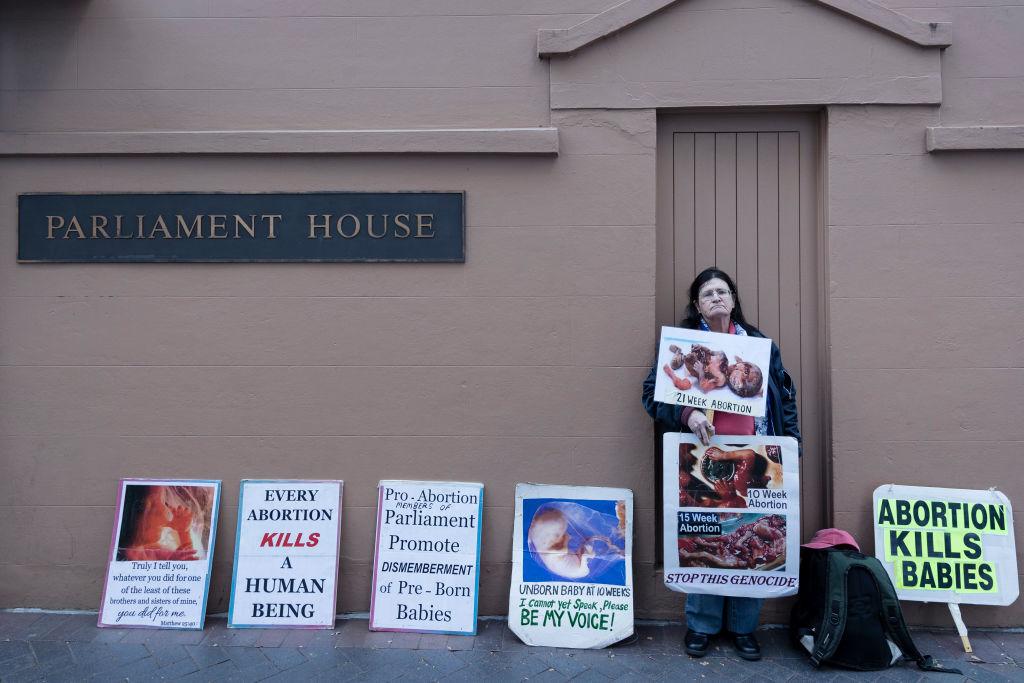South Australia is on the way to decriminalising abortion and moving the issue under the general health law after the lower house of the state Parliament passed the bill, following a lengthy debate.
The Termination of Pregnancy Bill (pdf) will now be taken to the Upper House for final approval before the law can take effect. This will make South Australia the last state to decriminalise abortion in the country after New South Wales decriminalised the procedure in 2019.





